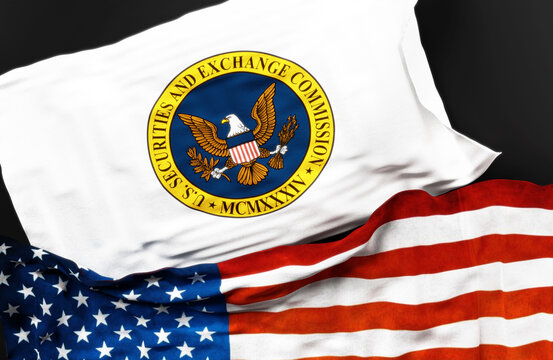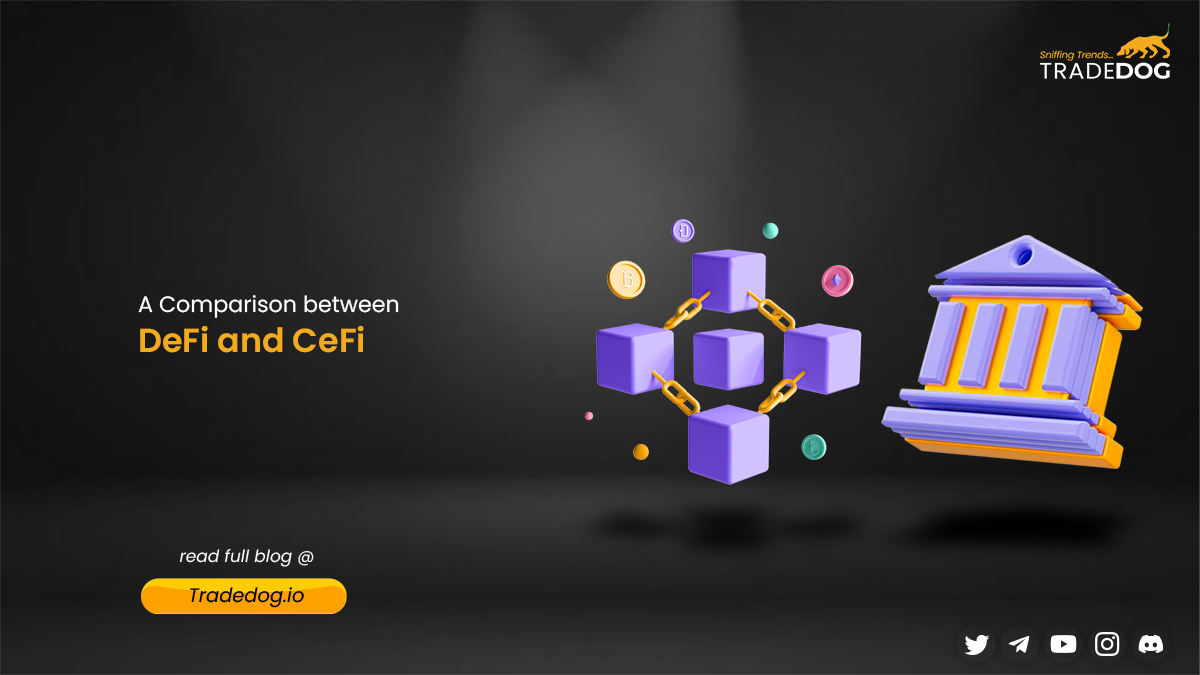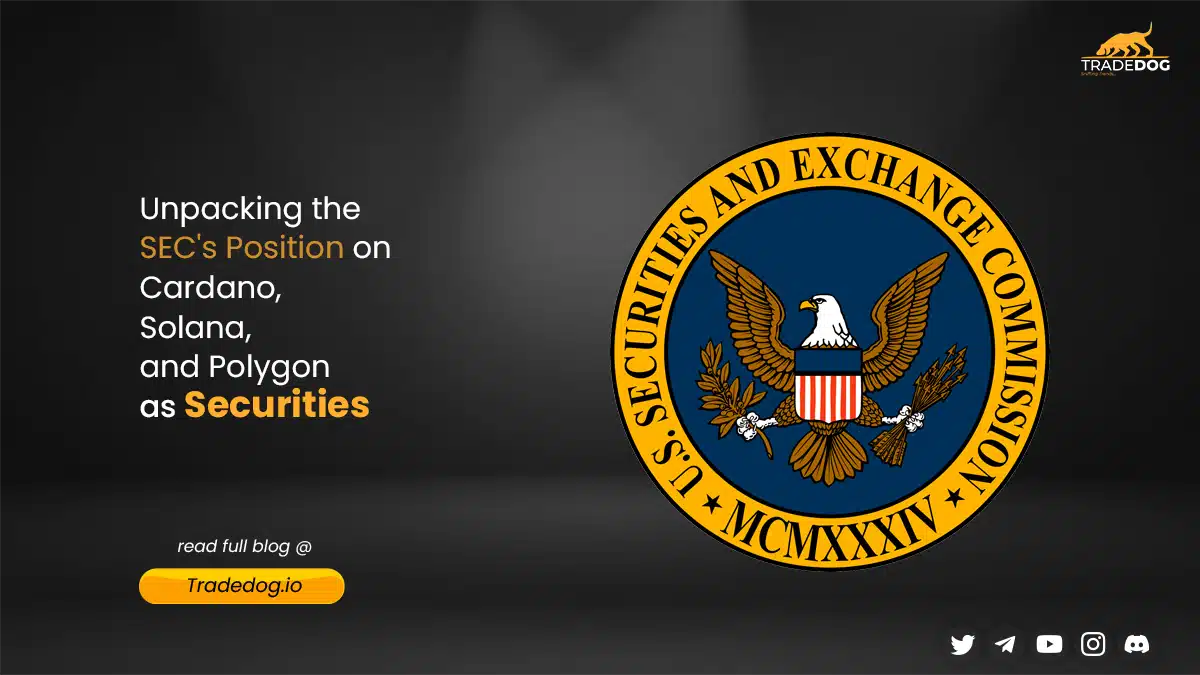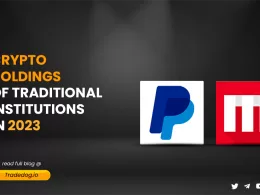What is SEC
The Securities and Exchange Commission (SEC) is the independent federal government regulatory agency in the U.S responsible for protecting investors, maintaining fair and orderly functioning of the securities markets, and facilitating capital formation. It was established by the U.S. Securities Act of 1933 and the Securities and Exchange Act of 1934, majorly as a response to the stock market crash of 1929 that led to the Great Economic Depression.
Regulation A
Regulation A allows companies to offer and sell securities to the public with limited disclosure requirements than what is required for public companies. It is an exemption from the registration hassles that a firm might face while going public. Compared to registered offerings, smaller companies in earlier stages of development may use this rule to raise money in a cost-effective manner.
Regulation A has two offering tiers
| Tier 1 | For offerings of up to $20 million in a 12-month period. |
| Tier 2 | For offerings of up to $75 million in a 12-month period. |
Some basic requirements are still applicable to both Tier 1 and Tier 2 offerings like company eligibility requirements, bad actor disqualification provisions, disclosure, and other matters.
Further, additional requirements apply to Tier 2 offerings which include limitations on the amount of money a non-accredited investor can invest, requirements for audited financial statements, and the filing of ongoing reports.
The Issuers in Tier 2 offerings are not required to register or qualify their offerings with state securities regulators.
Opportunity
Regulation A provides an opportunity for retail investors to invest in early-stage companies and businesses. Prior to investing, one should be fully aware of risks revolving around the investments.
Following are some general risks to keep in mind:
Speculation
Investments in startups and early-stage ventures are speculative and prone to failure. Unlike investments in mature businesses having a track record of revenue and income, a startup often relies on new business, product, or service development that may or may not find a market. Hence, the SEC does not pass upon the merits or give any advice on the securities offered.
Liquidity
Even though there is no resale restriction, investors often need to hold their investments for an indefinite period of time. If the securities are unlisted, one will have to individually locate an interested buyer to resell the investment.
Regulation D
Regulation D is the SEC regulation that governs the areas relating to private placement exemptions. Regulation D offerings are advantageous to entrepreneurs looking to raise funds faster and at a lower cost than public offerings. Usually undertaken by smaller companies, the regulation allows capital to be raised through equity or debt securities sales without the need for registration requirements.
Regulation D rules
Rule 504 | Limited offering and sales of securities up to $5m in a 12-month period. Reporting companies, investment companies, and certain development-stage companies are not allowed under this rule.Issuers cannot market the securities using general solicitation or advertising. |
Rule 506(b) | Issuers can offer and sell an unlimited amount of securities. Only accredited investors can take part in deals.Not more than 35 investors can be unaccredited. |
Rule 506(c) | This rule is the most beneficial to issuersNo limits on amounts offeredGeneral solicitation and advertising are allowed Backers have to be accredited. |
Companies complying with Regulation D don’t have to register their offerings with the SEC. Rather, they must file “Form D” electronically after the sale of securities. Form D is a brief notice that includes the names and addresses of the company’s promoters, executive officers, and directors, and details about the offering with little information about the company itself.
Opportunity
Regulation D provides small businesses with a quicker and less expensive way to raise capital than IPOs. IPO underwriters typically charge13% commission of the proceeds of security sales, whereas the costs under Regulation D are closer to 3%. Also, there is no requirement to reveal confidential information and as the offerings go to a few investors with long-term holding goals, there is less pressure on the company’s management to deliver short-term results.
Conclusion
Registering for public offerings can be quite a hassle for small businesses. The various registration requirements and fee structures used to act as a barrier for new entrepreneurs who dreamt of getting their companies listed.
However, the SEC regulation, specifically Reg A and Reg D provide certain reliefs to small businesses and even companies looking towards private placements for their offerings.
Compliance by small companies to all the norms and regulations can cause a smooth offering procedure, without the unnecessary hassles of the traditional registration process.












